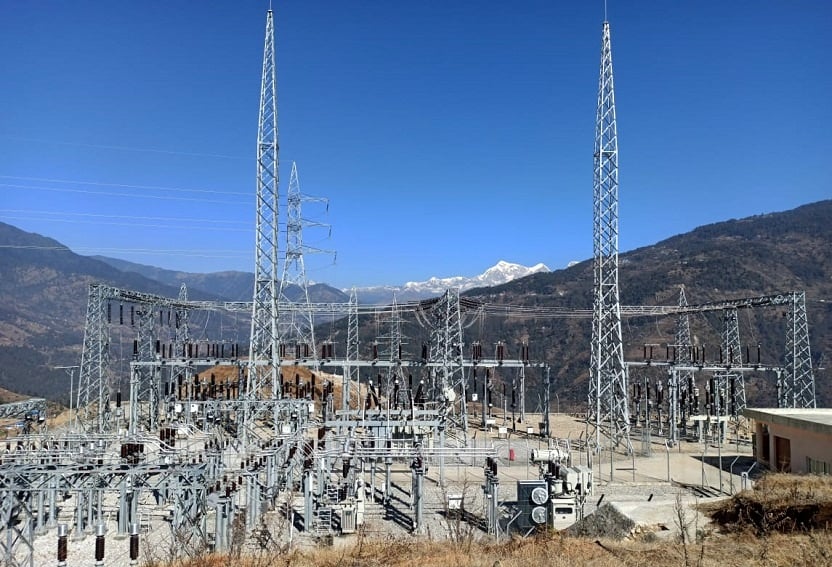Russia launches second hypersonic missile strike - officials

MARCH 20: Russian forces have conducted a second hypersonic missile strike against Ukrainian targets, Moscow's defense ministry has said.
Officials said the strike, using Russia's new Kinzhal missile system, destroyed a fuel storage site in the south of the country.
"Kinzhal... hypersonic ballistic missiles destroyed a large storage site for fuels and lubricants of the Ukrainian armed forces near the settlement of Kostyantynivka in the Mykolaiv region," officials said.
The BBC cannot independently verify this claim, though it would mark the second consecutive day in which Russia has targeted Ukrainian sites with such weapons if true.
Russian officials say the Kinzhal can hit a target up to 2,000km (1,240 miles) away and fly faster than 6,000km/h (3,728mph).
What are hypersonic missiles?
President Vladimir Putin has repeatedly highlighted Russia's investment in hypersonic missiles, which can travel at more than five times the speed of sound, or Mach 5.
The statistics are impressive: according to Russian officials the Kinzhal can hit a target up to 2,000km (1,240 miles) away and can fly faster than 6,000 km/h. But does that make them any more dangerous than other missiles or even artillery which can cause just as much death and destruction?
"I don't view it as that significant," says James Acton, nuclear policy specialist at the Carnegie Endowment for International Peace. "I don't know how much of an advantage Russia is getting from using hypersonic missiles."
President Putin boasted last December that Russia was leading the world in hypersonic missiles, which are hard to track because they can change direction while mid-flight.
Russia posted a video of what it said was its missile strike on the arms depot in Deliatyn, a village in south-western Ukraine only 100km from the border with Romania.
"It's a sign of showmanship. Even if it's used we should consider it as an isolated moment because Russia doesn't have a large number of these missiles," said Dominika Kunertova of the Center for Security Studies in Zurich.




_GuyKOE272v.png)





Leave Comment